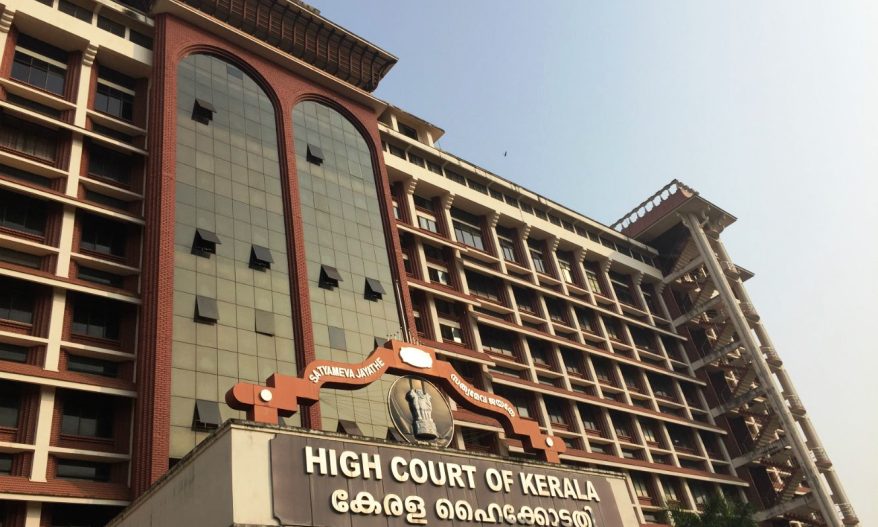Soni Satti
The Kerala High Court has affirmed the legality of extrajudicial modes of dissolving marriage, overturning a 49-year-old judgment that legally prohibited Muslim women from using them.
A divisional Bench comprising justice Mohammad Mushtaq and Justice CS Dias, delivered this landmark decision and held that, “All other forms of extra-judicial divorce as referred in Section 2 of the Shariat Act are thus available to a Muslim women. We, therefore, hold that the law declared in K.C. Moyin’s case (supra) is not good law.”
The Court’s ruling came in the wake of several of the petitions lodged by aggrieved partners in marriages where extra-judicial methods of divorce have resorted.
The Court asks at the conclusion of its 77-page decision whether the Legislature intended to eliminate extra-judicial divorce, which is currently practised by followers of different schools.
The Court went into detail on the different ways to dissolve a marriage in the decision. Prior to the ruling, the Bench addressed the various modes of dissolution in Muslim personal law in general, before moving on to the options open to women.
The Bench noted thatthe Shariat Act of 1937, which governed Muslim marriages and other rituals, expressly recognised all forms of extrajudicial divorce except Faskh.
The Court emphasised the above point by highlighting that Section 2 of the Shariat Act expressly recognises all forms of extrajudicial divorce, with the exception of Faskh.
The High Court had previously ruled in KC Moyin v. Nafeesa that a woman could only seek relief under the Dissolution of Muslim Marriages Act and could not seek relief under personal law (extra-judicial remedies).

